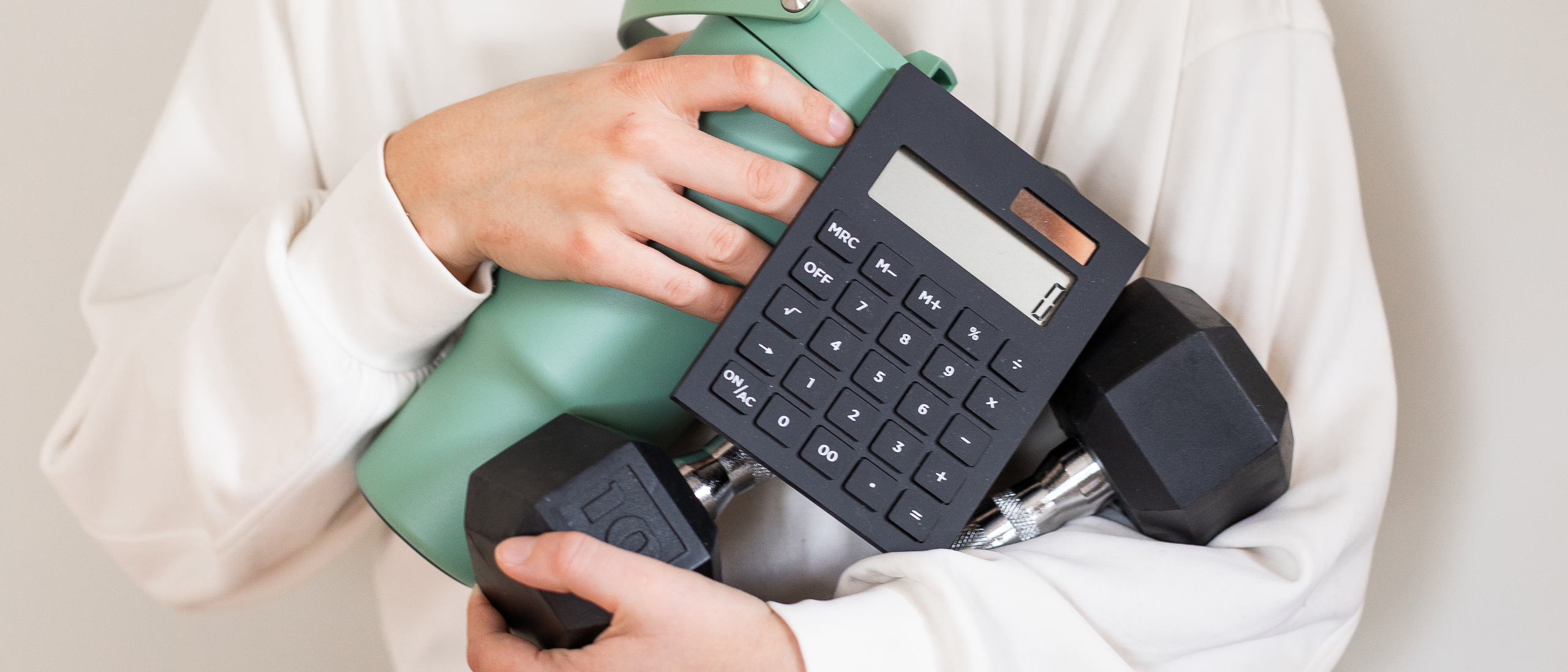Donor-advised funds, often referred to as DAFs, are investment accounts used to make charitable donations.
In today’s post, I’ll fill you in on everything you need to know about donor-advised funds and explain how they can be used as a tax-saving strategy.
What is a donor-advised fund?
A donor-advised fund, or DAF, is an investment account that you can use to hold and grow your money and other assets. One way a DAF is different from other investment funds is that the money you place in the account must eventually be donated to a charity.
When you put your money and assets in a DAF, the financial institution or charitable organization that manages the account immediately owns that money. You can’t take the money back or transfer it to another individual. However, you typically retain the ability to decide which charities will receive the funds and when. That’s where the “donor-advised” part comes into play.
How can donor-advised funds reduce my tax bill?
Generally, when you contribute cash, securities, or other assets to a donor-advised fund and you itemize your taxes, you can take a tax deduction on that charitable contribution in that tax year even if you choose to distribute the funds to charities in future years.
This can be an especially beneficial tax-saving strategy in years where you have a higher income and want to reduce your taxable income in order to reduce your tax bill. Additionally, the money in a DAF will grow tax-free until the time that it is donated.
How much of a tax deduction will I get for contributing to a donor-advised fund?
When donating cash to a donor-advised fund, you can generally take an income tax deduction of up to 60% of your adjusted gross income (AGI). This applies to contributions made via check, wire transfer, or credit card as well.
When donating stocks, bonds, or other long-term appreciated assets, you can generally take an income tax deduction in the amount of the full fair market value of the asset up to 30% of your AGI. By contributing appreciated assets, you can potentially avoid capital gains taxes on the appreciation, which makes this a tax-efficient way to donate assets that have gained value.
Can I deduct charitable donations if I don’t itemize?
No. You must itemize your deductions (not take the standard deduction) in order to claim a tax deduction for charitable donations. This includes contributions made to a donor-advised fund.
Why would I open a donor-advised fund instead of just donating to a charity now?
There are several reasons why a donor-advised fund might be preferable to immediately donating directly to a charity. The two main tax-saving reasons why you might consider a donor-advised fund are:
Larger Tax Deduction When You Want It
The biggest tax benefit of contributing to a DAF is that you can claim the tax deduction now and then take your time deciding how and where to donate. This is a great option if it’s nearing the end of a tax year and/or if your income is much higher than usual.
Also, if you donate a set amount to charity every year and want to continue doing so but also want to reap the benefits of the charitable donation in the current tax year, you can do that too. This tax-saving strategy is sometimes referred to as “bunching,” “lumping,” or “clumping.” Let me give you an example so you an see how it works:
Gina typically donates $1,000 per month to her favorite charity. This year, she could really benefit from a lower tax bill because her income has increased dramatically. To do this, Gina decides to lump the money she would donate over the next five years into one $60,000 contribution made to a donor-advised fund. The DAF will still distribute the same monthly amount to Gina’s favorite charity, but she will get a tax deduction this year on the $60,000 contribution rather than on a $12,000 donation.
Reduces Capital Gains Tax
Instead of selling a long-term appreciated asset like securities or real estate and then donating the proceeds to charity, you can often contribute the asset directly to your DAF for a tax deduction of the full fair market value of the asset up to 30% of your adjusted gross income (AGI).
On top of that, by employing this tax-saving strategy, you get the added tax benefit of eliminating any further capital gains tax on that asset as long as it’s been held for more than a year.
Other reasons that donor-advised funds can be beneficial to you are:
- You can let the money grow tax-free in your DAF before eventually making a larger charitable contribution sometime down the road.
- You can create a legacy of giving so that your contributions can continue on in your name after you die.
- You can reduce your taxable income if you’re expecting a bonus or financial windfall this year.
- You can make anonymous contributions.
What else should I consider before contributing to a donor-advised fund?
Here are some things you may want to think about before opening or contributing to a donor-advised fund:
- Some DAFs have minimum contribution requirements, so be sure to read the fine print before opening a DAF.
- Many DAFs have administrative fees, so run the numbers to make sure that it makes sense for you to place your money in the account rather than donating it immediately to the charity.
- Remember that only money donated to IRS approved charities and organizations can be counted towards deductions for charitable donations.
Contributing to donor-advised funds can be a great tax-saving strategy in certain situations. Donating through a DAF can allow you to enjoy immediate tax benefits, potentially reduce capital gains taxes, and strategically distribute funds to support your favorite causes over time. If you are considering a DAF, speak to a knowledgeable tax professional to see if it makes sense for you.
While you’re here, see if one of my related articles or videos can help you out:




